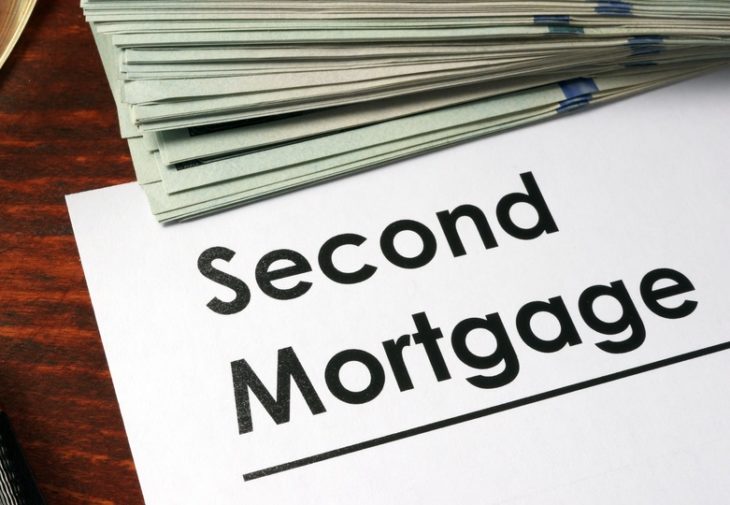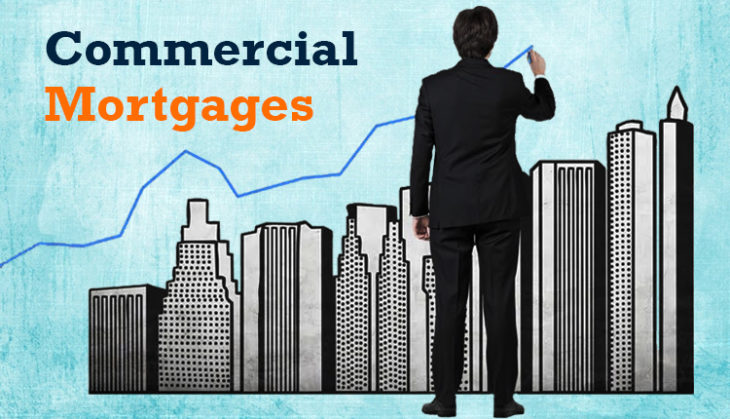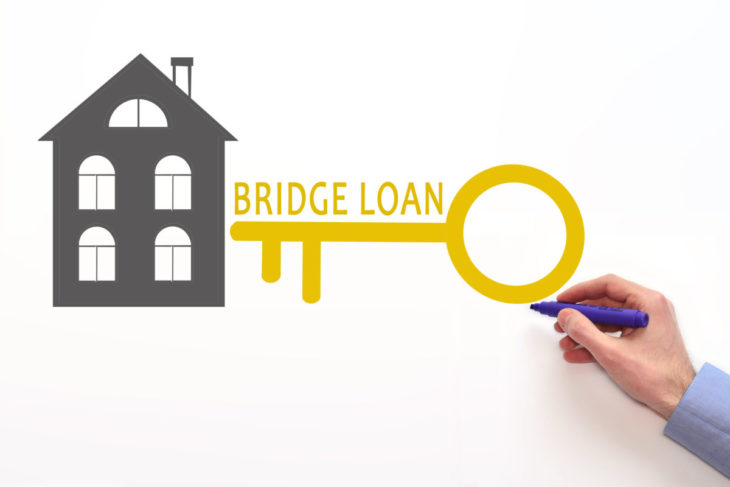Property finance is consistent with a couple of options that investors, developers, and landlords have access to. The majority of these people will need access to some kind of financial help in order to make the first step into the market, and property finance is the type of financial support that is available to them.
So without further ado, let’s take a look at all the different types that make up property finance.
Contents
1. High Street Mortgages

Source: AdobeStock
The most basic of mortgages that any bank can provide, you must file an application that will be reviewed based on your ability to pay back the loan in time. High Street Mortgages come in a variety of forms. From the types that you have to pay back the interest, to those highly popular fixed-rate mortgages. These types of mortgages are only available to you if you plan on living there, and are not suitable for properties that you will be renting out.
2. Second Charge Mortgages

Source: Pinterest
Often referred to as a second mortgage, this type of property finance is designed to top-up your current property loan. Instead of making the choice of re-mortgaging to free up funds, improve, or add value to the property, you can take a second charge mortgage that doesn’t require you to live in the property in order for you to take it. To learn more about this type of mortgage, feel free to visit Property Finance Partners website.
3. Commercial Mortgages

Source: Pinterest
As quoted by industry experts over at propertyfinancepartners.com, this type of mortgage acts similarly like a high street one, except the property that you will be taking the loan must be classified as a commercial building. Commercial mortgages apply to shops, factories, offices, and other buildings that focus on the business aspect, rather than a building that you live in.
Another aspect that commercial mortgages differ with the rest is that instead of your personal income, the lender looks at your business’s income. It uses the assets of your business to evaluate if you can pay back the mortgage, and it uses the assets of your business as collateral.
4. Buy-to-Let Mortgages

Source: Shutterstock
Property developers have two options when it comes to property. Namely, these people can eighter renovate the property, or sell it for profit. Another option is to buy the property and rent it to others, and this is where the buy-to-let mortgage applies.
The interest rates for buy-to-let mortgages are higher than those of high street mortgages. Another thing to understand is that this type of property finance requires a bigger, or larger, deposit as well as, the fact that there are additional fees involved.
However, recent changes in legislation within the United States will make it harder for property developers to successfully apply for a buy-to-let mortgage.
5. Residential Bridging Loans

Source: Pinterest
Mostly used in the case when a high street mortgage cannot be obtained, residential bridging loans are short-term solutions and interest-only options that can be agreed in a relatively short time. This type of loan is mostly used by property developers who are looking to buy or sell a property in a hurry.
6. Commercial Building Loans

Source: Shutterstock
Similar to the beforehand mentioned type of loan, commercial building loans are used to bridge the gap whenever a developer is buying or selling commercial property. They have the same properties as residential bridging loans, but instead of your personal income, your business’s income is taken into consideration.
